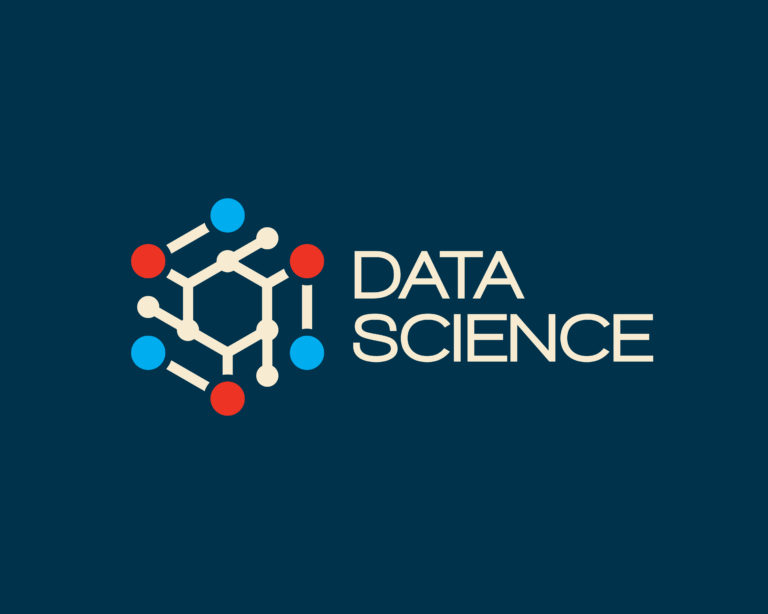Data Science
Data Science
What is Data Science?
Definition:
Data Science is an interdisciplinary field that utilizes scientific methods, algorithms, processes, and systems to extract insights and knowledge from structured and unstructured data. It involves techniques from statistics, mathematics, computer science, and domain-specific expertise to analyze complex data sets and solve real-world problems.
Analogy:
Imagine Data Science as a detective tasked with solving a mystery. Just as a detective gathers clues, analyzes evidence, and uncovers patterns to solve a case, Data Science involves collecting and analyzing data to reveal hidden insights and make informed decisions.
Further Description:
Data Science encompasses various techniques and processes:
- Data Collection: Gathering data from diverse sources, including databases, sensors, social media, and the internet.
- Data Cleaning and Preprocessing: Cleaning, organizing, and transforming raw data into a format suitable for analysis.
- Exploratory Data Analysis (EDA): Analyzing and visualizing data to understand patterns, trends, and relationships.
- Statistical Analysis: Applying statistical methods to derive insights and make predictions from data.
- Machine Learning: Building predictive models and algorithms that learn from data to make decisions or predictions.
- Big Data Analytics: Handling and analyzing large volumes of data using distributed computing frameworks like Hadoop and Spark.
- Data Visualization: Presenting data and insights visually through charts, graphs, and dashboards for better understanding.
Key Components of Data Science:
- Data: The raw material for analysis, which can be structured (e.g., databases) or unstructured (e.g., text, images).
- Tools and Technologies: Including programming languages (e.g., Python, R), statistical software (e.g., SAS, SPSS), and libraries/frameworks (e.g., TensorFlow, scikit-learn).
- Domain Knowledge: Understanding of the specific field or industry to interpret results and make informed decisions.
- Ethics and Privacy: Considering ethical implications and ensuring privacy and security when handling sensitive data.
Why is Data Science Important?
- Informed Decision Making: Data Science empowers organizations to make data-driven decisions, leading to improved efficiency and effectiveness.
- Predictive Analytics: By analyzing historical data, Data Science enables the prediction of future trends and outcomes, aiding in forecasting and planning.
- Personalization: Data Science powers recommendation systems and personalized experiences in e-commerce, entertainment, and marketing.
- Innovation: Data Science drives innovation by uncovering new insights, optimizing processes, and creating new products and services.
Examples and Usage:
- Netflix: Uses Data Science algorithms to recommend personalized content based on users’ viewing history and preferences.
- Uber: Utilizes Data Science for dynamic pricing, route optimization, and predicting demand to improve service efficiency.
- Healthcare: Data Science is applied in medical research for drug discovery, patient diagnosis, and personalized treatment plans.
Key Takeaways:
- Data Science is an interdisciplinary field that leverages techniques from statistics, mathematics, computer science, and domain expertise.
- It involves collecting, cleaning, analyzing, and interpreting data to extract insights and solve complex problems.
- Data Science enables informed decision-making, predictive analytics, personalization, and innovation across various industries.
- Examples like Netflix, Uber, and healthcare showcase the practical applications and impact of Data Science.
Table of Contents





